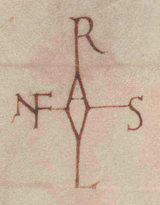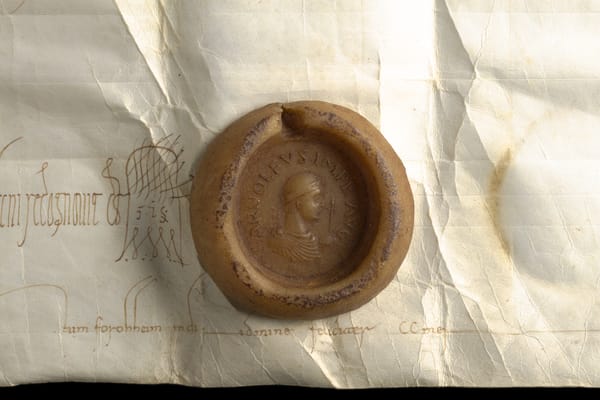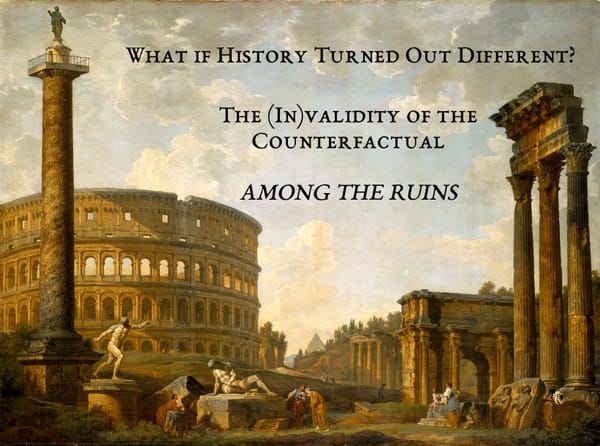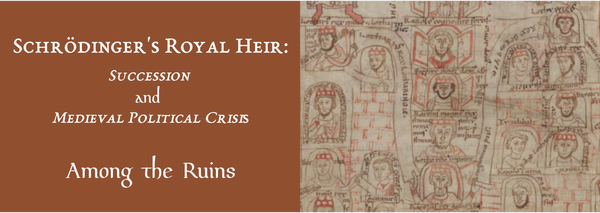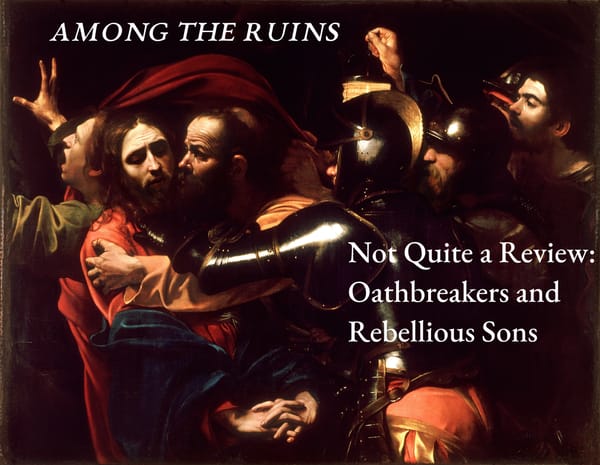What's the point of yet another history newsletter?
Into your hearts or into the void, either way
Most people who know me know that I love to write. Since I was little I have loved writing, I even “published” my own book and sold it to the neighbors! It was called The Journey to the Planet Z-473 and no, it wasn’t great. Naturally while working on my PhD dissertation1 I learned a lot more about writing, and as I get close to finishing I realize I will need a new outlet for my authorial impulses.
An abbreviated history of me:
If you know me then you have probably heard some version of this, but for those hopefully stumbling across this website, here are the basics: I have always been interested in history and writing, but originally when I went to American University in Washington DC I wanted to major in political science, then computer science, before switching in my final year to history. Originally my plan was to be a historian of the Napoleonic era until I came across an article comparing Napoleon’s empire with Charlemagne’s.2 Quickly I became fascinated in how someone in the ninth century could rule such a vast territory without modern communications, etc. Thus began my descent into the rabbit hole of the early middle ages. In my senior year I was able to register as a graduate student and take a course on the Carolingians, which led me to applying to the University of Cambridge on a whim. At the University of Cambridge I completed an MPhil on Carolingian royal palaces3, my first real immersion into a medieval topic (I was fortunately saved by having taken Latin in high school). It was in the process of doing that project that I came across Arnulf of Carinthia, and noticed how little was written about him, especially in English but in German too. Of course, not having a book about a subject is a great way to pitch a PhD dissertation, and that decision has shaped the last eight years of my life. Why I specifically became interested in the topics I did will need to wait another time, but that is the brief outline of how I got here.

Writing is necessary:
A close friend once told me that the way I talk about writing was almost “spiritual,” which is probably pretty close. Writing isn’t necessarily easy, but the urge to write comes quickly to me. Because of this, and the ongoing collapse of hiring in medieval history in the US and elsewhere, I am hoping to use this to not only continue my own intellectual pursuits, but share them with a wider group of people. That is why I have titled this Substack Among the Ruins. While I may have all the trainings of an academic historian, it is becoming increasingly impossible to practice that within the confines of the university. Yet the practice of history remains important and so I will work Among the Ruins. This is also a space to talk about broader things than just what is possible in an academic context. Discussions on twitter (no I won’t call it X) abound about the decline of the university, of history, of intellectual culture generally. I have plenty of thoughts about those things, but they don’t sit easily alongside a discussion of royal politics in the 890s. So expect some of that, among other things.
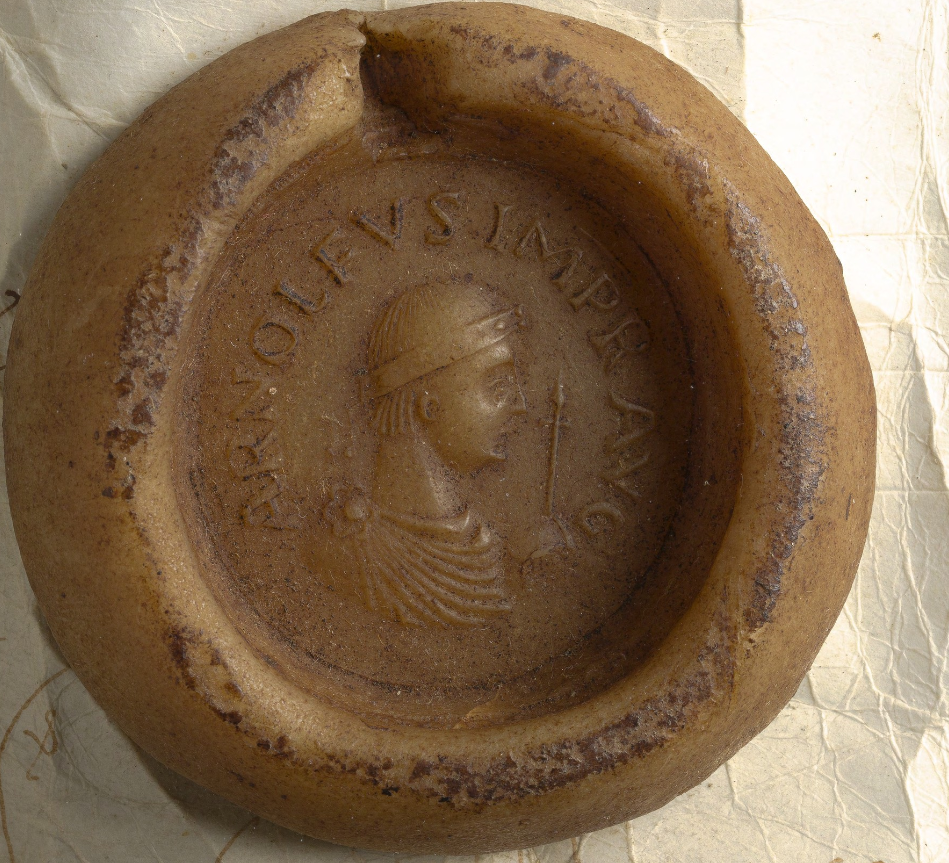
What is this?
To that end, you may be asking: what is the point of this? Why would I read something about medieval history? Aren’t they all dead people? Of course, the last question is correct, but also true of most times. The study of the medieval past, or any past, does not need to be boring.
There are a couple things I hope to share with you, presumably people I know but also hopefully strangers:
- First, that studying the medieval past gives us new ways of thinking about modern problems. The past provides a clear example that the present is not the only way to configure our ideas, governments, etc. I am not exactly advocating that we suddenly adopt medieval attitudes, but the differences between medieval and modern highlight how the modern is something created, and which can be changed. There are no natural orderings of society.
- Second, how do historians actually work? For most, their exposure to historical research is probably a textbook which gives a broad claim such as “the Church dominated life in the Middle Ages.” Not only is that not true, but it is also quite boring. Rarely is the outcome the interesting bit! If you have ever had someone tell you a fact about their life and followed up with a startled “what?” or “how did that happen?” then you implicitly understand the historian’s method even if you think history is boring. History is really the study of people, places, and the relationships that drive events. Usually this means finding novel ways to get answers to the questions we have. So what I hope to show is snippets of the process by which historians go from the raw materials of the primary source to the finished product, the concluding sentences and grander narratives you find in Wikipedia pages and textbooks.
- Third, the middle ages are just really really cool. Not just the castles, kings, and knights that make up many a fantasy setting, but the other parts, the deeper parts. This requires, however, a bit of suspension of our own mindset towards how we believe politics, society, etc. should work. That is, it is easy to dismiss the beliefs and attitudes of the middle ages as “backwards” or “superstitious” or not seriously held. If we accept that medieval people could actually believe the things they say they do, a whole new universe of questions becomes possible. By way of example, it is easy to dismiss a king’s outward declarations about protecting the church, praising God, etc. as just a cynical ploy to keep or increase their power, but that would be not only wrong, but would conceal the much more interesting reality that kings could be savvy political operators but also deeply committed to their religious beliefs. How medieval political philosophy and ideology reconciled the competing interests of a monarch is substantially cooler than just dismissing everything religious as a cynical trapping.
- Finally, that the process of writing takes work, and is imperfect. For any college students reading out there, don’t use an AI generator, learning to write is worth it. I’m by no means a flawless writer, but there is more to writing than technical perfection.
Much of what I write here will probably be shorter pieces of things I found cool while writing my dissertation (for now), explaining where my information comes from and the series of micro-interpretations one needs to make to get there. More than anything though, this will be a place to collect my thoughts on a variety of topics, so expect some oddballs now and then! If you have read this far, then this is probably the kind of thing for you, or you are just humoring me because I sent you this directly. Either way I hope you subscribe and continue to read!
Snazzily called The Only Just King: Arnulf of Carinthia and the Transformation of Europe, c. 850-899. ↩
M. Broers, “Napoleon, Charlemagne, and Lotharingia: Acculturation and the Boundaries of Napoleonic Europe,” The Historical Journal 44, no. 1 (2001): 135-154. ↩
Titled “The Carolingians and the Construction of a Royal Landscape, 768-900” ↩

